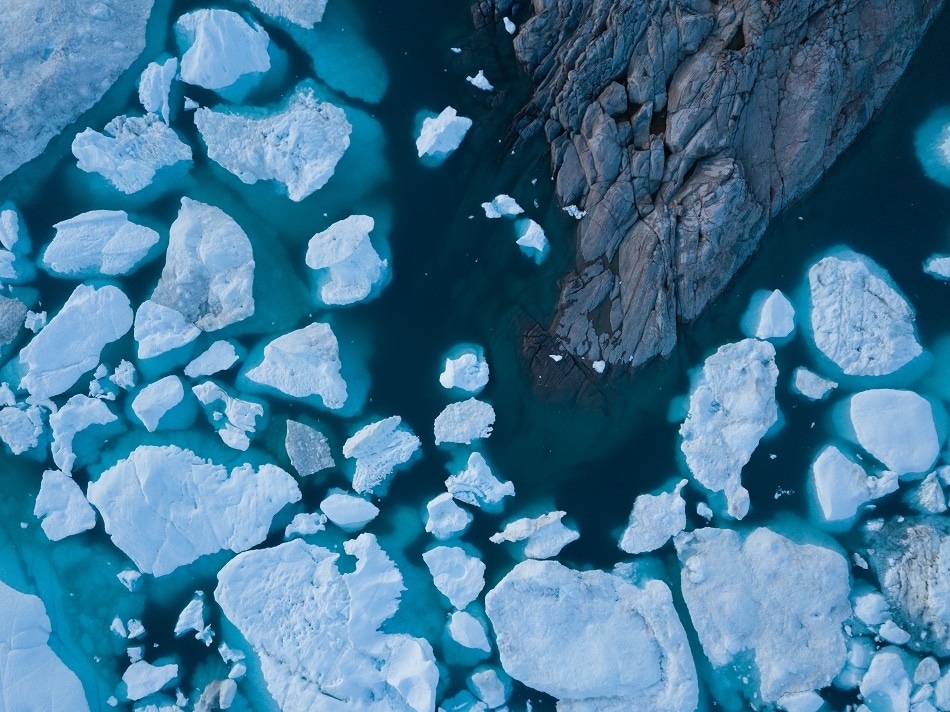
Image Credit: Michal Balada/Shutterstock.com
As the Arctic warms at an accelerated rate, the very real potential for significant ice loss could see sea levels rise, which would have devastating consequences across the globe.
The Arctic region has warmed by 0.75oC in the past decade. To put that into perspective, since the late 19th Century the Earth has warmed by nearly the same amount (0.8oC) while the Arctic has warmed by 2-3 oC in the same period.
Now, a new comprehensive study presented by the University of California, Davis, reveals the rate of warming in the Arctic and what we could come to expect in the wake of continual polar warming. “Many of the changes over the past decade are so dramatic they make you wonder what the next decade of warming will bring,” said Eric Post, the paper’s lead author and professor of climate change ecology at UC Davis. "If we haven't already entered a new Arctic, we are certainly on the threshold,” he added.
What This Means for the Arctic Region
The paper recently published in the journal Science Advances, was a collaborative effort compiled by 15 authors from all around the world with backgrounds in Earth, life, political and social sciences. They carefully analyzed the effects of continual warming towards a threshold of a 2oC warmer planet. They looked into what this would mean for the Arctic region, including wildlife, tundra, vegetation, human population, and the loss of sea and land ice.
Under a business-as-usual scenario, the Earth as a whole may reach that milestone in about 40 years. But the Arctic is already there during some months of the year, and it could reach 2 degrees C warming on an annual mean basis as soon as 25 years before the rest of the planet.
Eric Post, Lead Author of the paper and Professor of Climate Change Ecology, UC Davis
The melting of sea ice has a cascading effect on marine wildlife and the food chain. It can help spread deadly viruses as well influence the timing of algal blooms and driving increased mortality in certain species of fish. Furthermore, the repercussions of the melting sea ice also impacts arctic marine mammal feeding, movements, and life-history events. Subsequently, the knock-on effect of all of these things can severely affect the arctic human population and communities at a nutritional, economic and cultural level.
Beyond the Arctic Region
In addition to the melting sea ice, the melting of land-based ice sheets and glaciers along with thermal expansion result in the warming of the waters and a rising sea level. It is estimated that for every centimeter in global sea level rise, approximately six million more people worldwide are made vulnerable to coastal flooding.
Rising sea levels also increase the likelihood of extreme weather events in non-coastal zones as destructive storm surges are pushed inland.
The dramatic warming and melting of Arctic ice is impacting the jet stream in a way that gives us more persistent and damaging weather extremes.
Michael Mann, Co-author of the paper and Distinguished Professor of Atmospheric Sciences, Penn State
While still under careful analysis, the forecast is that if we do reach warming above a “survival threshold” – approximately 1o to 4oC above pre-industrial temperatures – this could cause a large-scale sea level rise of up to 3 meters.
With recent reports that Greenland’s ice sheet is melting faster than previously thought, sea levels are now expected to rise by 67 cm by 2100 – this would put 400 million people at risk from flooding and many more in the destructive path of extreme weather events.
Mitigation Efforts and International Cooperation
Post and his collaborators do state that mitigation efforts can slow or reduce warming. However, they also warn that without such efforts, warming of the polar region could accelerate in the next two to four decades.
Therefore, some of the effects predicted would be felt sooner than anticipated, as well as some of the consequences already mentioned, such as rapid melts of sea and land ice and increased extreme weather events, deadly heat waves and wildfires in parts of the Northern Hemisphere are also likely to escalate.
“What happens in the Arctic doesn't stay in the Arctic,” states Michael Mann, a co-author of the paper and distinguished professor of atmospheric sciences at Penn State. Meaning this situation could potentially culminate in significant damage to vital infrastructures necessary to keep communities and cultures across the world intact. In turn this would also be of detriment to the global economy.
Disclaimer: The views expressed here are those of the author expressed in their private capacity and do not necessarily represent the views of AZoM.com Limited T/A AZoNetwork the owner and operator of this website. This disclaimer forms part of the Terms and conditions of use of this website.